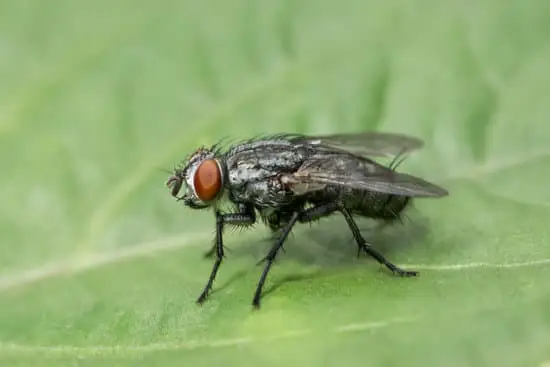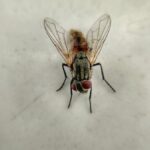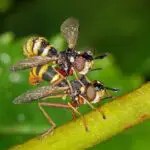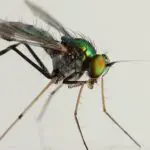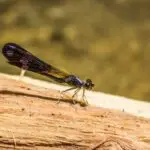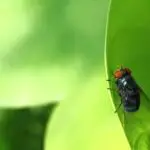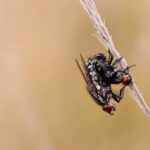When Do Flies Die?
Flies are often pests in the area where humans live, but they are also crucial to the natural environment. They help break down decaying matter, which bacteria use to grow and replenish organic nutrients. Flies help accomplish this by increasing the surface area of decayed matter, which is vital for healthy ecosystems.
In warmer climates, flies become active and breed rapidly. When temperatures drop, they become inactive and die. In the fall, flies will emerge from hibernation. During hibernation, flies produce a natural antifreeze, glycol, to keep themselves warm. This is the same chemical produced by most insects that hibernate outdoors.
Flies that live in cold climates go into a hibernation mode. When the temperature falls below 45degF or 7degC, they cease moving. This process is known as diapause. In this state, flies crawl to a safe location and rest. When the temperature rises, they resume normal life.
Flies live for a minimum of 24 hours, but most live between 15 to 25 days. Their lifespan is determined by temperature and sugar content. Houseflies in cool environments can survive for months or even years, while larger flies can live for weeks. However, many houseflies die during their lifespan.
Flies are most active during the warm months, while Canadian houseflies spend their winters hibernating. The warmer climates help them reproduce more often, and the shorter lifespan means that the population of flies increases.
